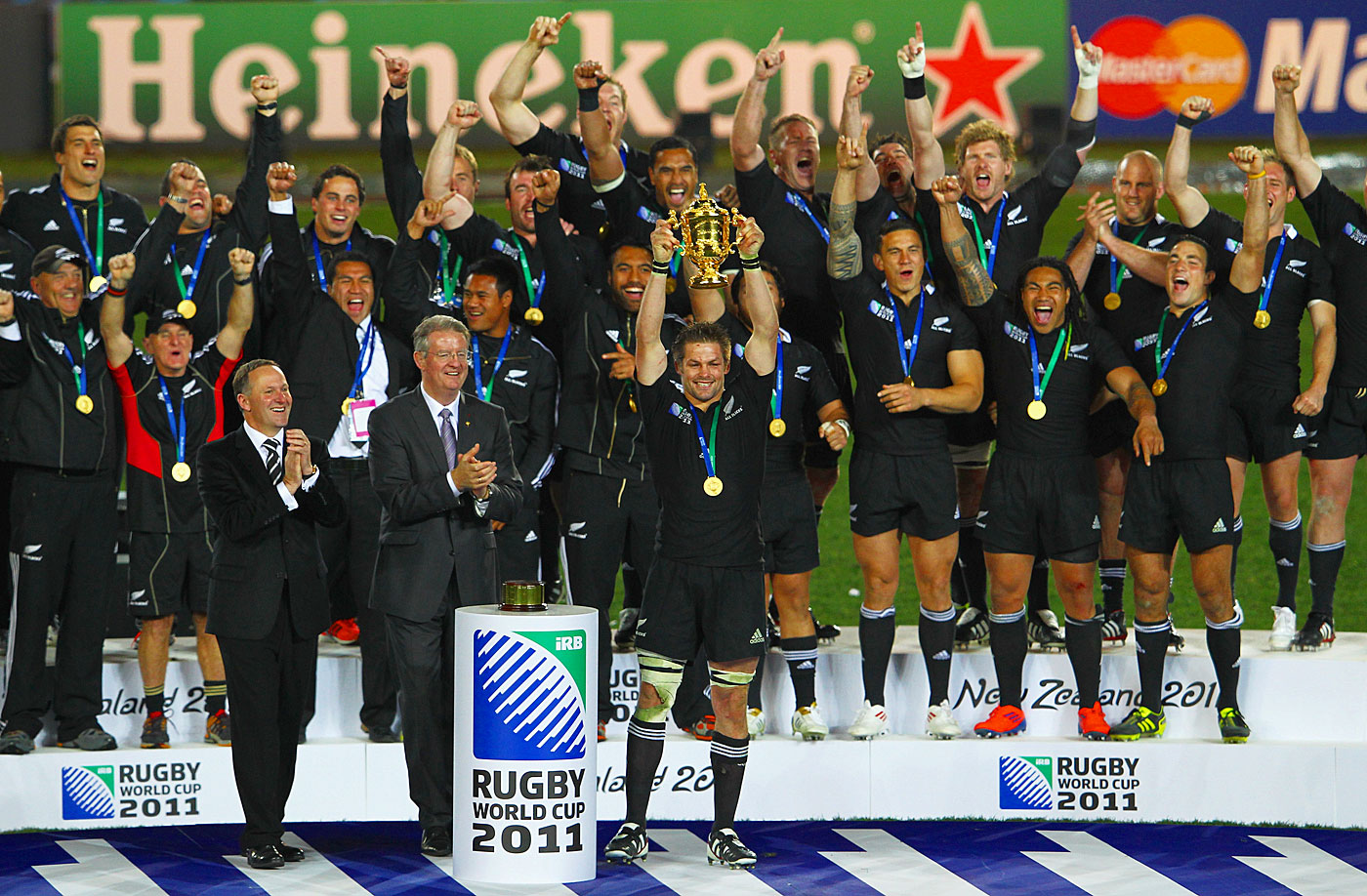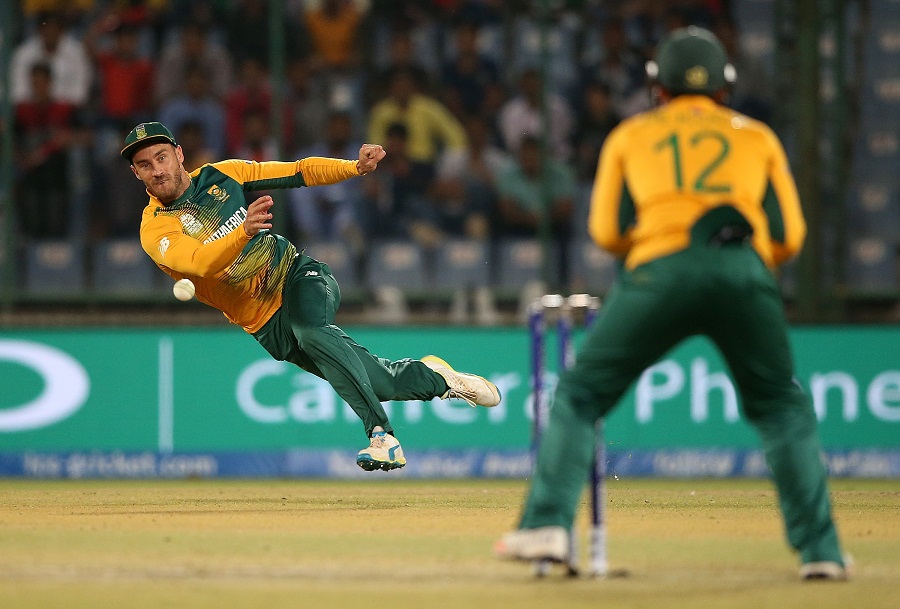Tell no one, put nothing in writing, pay in cash, don’t drink, and keep off the phone. How to have an affair for nine years and get away with it
‘The first time we slept together, we were like two teenagers, and not in a good way.’ Photograph: Jonathan Storey/Getty Images
Love and happiness are certainly important to me in my 20-year marriage to Stephen. They are also important to me in my nine-year affair with Michael. I didn’t have an affair lightly. I know people have affairs for all sorts of reasons and think ultimately that they have a goal in mind – the end of their marriage, a lasting new relationship or a complete change to what they see as a boring life.
I’m none of these things. I want no drama disrupting my family. I want to stay happily married and carry on my affair and I never, ever want anyone else to know, so I have every detail planned and covered. My husband doesn’t suspect, my sisters and my best friends have no idea and I make sure there’s no evidence at all that can trip me up.
I didn’t start an affair because I’m lacking anything with Stephen. He’s a brilliant dad and funny, intelligent, fit and attractive. We’ve always made an effort to keep things fresh – of course you get bogged down in daily life, but we go out for dinner by ourselves or have a day off when we pack the kids off to school and go back to bed for a few hours. We also do a lot as a family, as well as socialising with friends and enjoying a variety of hobbies, so being organised is vital and, like many working mothers, I keep a meticulous diary to make sure everyone is in the right place at the right time.
I also have a diary in my head of my times with Michael, but I never put anything in writing. No love missives – texts are about the families getting together – and any emails are work related because we work in the same field. Stephen was friends with Michael first, having met him at a school event when our youngest child was just starting. He couldn’t believe we hadn’t met professionally and soon introduced us. He’s completely different from Stephen, who is very forthright, enthusiastic and go-getting while Michael is dreamy and creative, but with an incisive sense of humour and very witty, so they get on well.
I was quite shaken when I started to find Michael attractive. I’m not stupid enough to think you can go through life fancying only one person, but I’d kept any previous little crushes firmly in my head. Stephen is quite a flirt himself and the odd little bit of jealousy never did me any harm, and tended to respark my interest in my husband.
This was different. For the first time since we got married, I could imagine myself having an affair and at first it made me uncomfortable. I started plotting how we could do it and never get found out, and almost convinced myself that I was just being academic about it. Then we all got quite drunk at a party and Michael and I really started flirting. I thought life would go back to normal the next day and it did in front of Stephen and Jane, but we had a completely different relationship when we were alone.
We started talking dirty. At first it was just a little edgy – do you still fancy Stephen/Jane? Ever been unfaithful? Ever thought of it? It got more and more explicit and I couldn’t get him out of my mind. But I got a bad shock when he sent me a filthy text one night. I was sure he was drunk as it was short but very graphic. At that point my conscience was almost clear as we’d done nothing but talk, so I said, “Oh my God, Stephen – Michael’s just sent me a text that’s meant for Jane!”
Stephen thought it was hilarious and I texted back and said, “Isn’t this for Jane? Stephen says lucky her!”
Stephen teased him about it for ages but the next time I was alone with him I was furious and told him never to do something so stupid again. He said he thought I fancied him and I said very calmly that I did, but I wouldn’t risk my marriage or kids for anyone. It took another six months of discussion and planning before the affair started. We agreed that it was to be an added extra to an already strong friendship, but organised calmly and dispassionately, so no one would suspect.
By the time we slept together, we were both in a total state and it was a complete disaster. He’d been to the first day of a conference – I arrived that afternoon and checked into the same hotel. We had three hours in the late afternoon till his flight home and despite all our talk about being calm and dispassionate we were both unbelievably nervous. We were like two teenagers, and not in a good way.
For months I’d been totally turned on every time we were anywhere close to each other, but not now. The sex was clumsy and painful and a couple of times I wondered what the hell I was doing. He had his own worries – it was over far too soon and I felt dissatisfied as well as guilty – and he clearly felt the same. We had another go before he had to rush for his plane and it was just as bad. He said he would text me and I snapped at him not to – had he forgotten all we agreed? Stephen phoned later and in the midst of the chat about the kids asked if Michael was at the conference so I said he’d popped in before he left.
Coming home the next night was hellish. I was sure Stephen could tell I’d had sex with someone else but he was the same as ever and I was pathetically pleased that I was able to enjoy sex with him as normal. It was another two days before I saw Michael again and I was desperate to phone him, despite my rules, though I managed not to. He looked so miserable I was instantly irritated, convinced Jane would have guessed something was up. I was tempted to suggest we just forget it but I didn’t want to make him even more upset so I was reassuring and said we’d sort something out.
We went away for a week’s holiday and I did a lot of thinking. I decided that nerves had made the sex awkward, and once we got over the hump – so to speak – we’d be fine, so I deliberately made plans. Stephen took the kids to the cinema that weekend. I phoned their house, telling Jane I had mislaid papers from the conference and asking if Michael could bring me his so I could copy them. I read one of Stephen’s porn mags to get me in the mood, opened the front door and literally dragged him into the toilet, where we had exactly the sort of sex I’d imagined.
That was the last risk I took. I’m sure no one suspects we’re having an affair. We meet as lovers about twice a month, which probably does keep the magic and anticipation going, but I’m endlessly careful; I do worry about CCTV now as it’s everywhere. We usually meet at a conference hotel or at the airport and I might say to Stephen that I bumped into Michael and had a coffee with him, though I obviously won’t tell him that was after lunch and before sex. We’ve managed to resist that temptation to tell others by talking to each other instead. There are no romantic letters, emails or texts – and because we have fairly constant contact, there’s none of that terrible panic that illicit lovers seem to have about when the next encounter will be.
This care is also my safety net should Michael ever want more. He says he still loves Jane but if he decides otherwise I would just deny everything and there’s no proof. Not a note, credit card bill or hotel receipt – everything is paid by cash – so I’d just walk away.
I wouldn’t be friends with Jane if I didn’t want the smokescreen that provides – we’re too different and there’s a slightly snobbish side to her that irks me, but a monthly coffee or occasional girls’ night makes it seem that we have a separate friendship and so she’s much less likely to suspect anything. She’s even said that I’m good for Michael as he doesn’t have sisters so it’s nice to see him have a friendship with a woman.
I love both men, I’m harming no one and have no intention of doing so. I know we’re being greedy but it’s not affecting anyone else badly. If anything, it enhances my sex life with Stephen and when you’ve got two men seeing you naked you certainly keep yourself fit. I want everything to continue as it is, whereas many people having affairs want something to change, usually other relationships, so they can be together all the time. Strange as it may seem, my biggest worry is that, years on, Michael may die first and I won’t be able to grieve properly, because although the close friendship is known and taken for granted, obviously the affair isn’t. In a matter of fact way, we also assume that, when we’re much older, if our partners die we’ll end up together almost by default. Like everyone else, I’m aiming to live happily ever after, but with both men as part of my life. The only way to make that feasible is to keep everything as tidy as possible.
Perhaps we don’t want to explore the premise that for most people it’s not fidelity and love that keeps them constant to their partner, but fear of potential messiness should they be discovered. How many people, no matter how satisfied with their sex lives and happy with their partners, would say “no thank you” to an explosive sexual encounter if it was guaranteed that they’d never be found out? Domesticity doesn’t do it for everyone long term, no matter how much we’d like it to and although that’s apparent in male behaviour over the centuries now that women are on a par with men, surely this means such potential restlessness applies equally to both sexes?
It takes a very brave person to give an honest response, but, before judging me, ask yourself just one question – what’s stopping you from doing exactly the same?
Love and happiness are certainly important to me in my 20-year marriage to Stephen. They are also important to me in my nine-year affair with Michael. I didn’t have an affair lightly. I know people have affairs for all sorts of reasons and think ultimately that they have a goal in mind – the end of their marriage, a lasting new relationship or a complete change to what they see as a boring life.
I’m none of these things. I want no drama disrupting my family. I want to stay happily married and carry on my affair and I never, ever want anyone else to know, so I have every detail planned and covered. My husband doesn’t suspect, my sisters and my best friends have no idea and I make sure there’s no evidence at all that can trip me up.
I didn’t start an affair because I’m lacking anything with Stephen. He’s a brilliant dad and funny, intelligent, fit and attractive. We’ve always made an effort to keep things fresh – of course you get bogged down in daily life, but we go out for dinner by ourselves or have a day off when we pack the kids off to school and go back to bed for a few hours. We also do a lot as a family, as well as socialising with friends and enjoying a variety of hobbies, so being organised is vital and, like many working mothers, I keep a meticulous diary to make sure everyone is in the right place at the right time.
I also have a diary in my head of my times with Michael, but I never put anything in writing. No love missives – texts are about the families getting together – and any emails are work related because we work in the same field. Stephen was friends with Michael first, having met him at a school event when our youngest child was just starting. He couldn’t believe we hadn’t met professionally and soon introduced us. He’s completely different from Stephen, who is very forthright, enthusiastic and go-getting while Michael is dreamy and creative, but with an incisive sense of humour and very witty, so they get on well.
I was quite shaken when I started to find Michael attractive. I’m not stupid enough to think you can go through life fancying only one person, but I’d kept any previous little crushes firmly in my head. Stephen is quite a flirt himself and the odd little bit of jealousy never did me any harm, and tended to respark my interest in my husband.
This was different. For the first time since we got married, I could imagine myself having an affair and at first it made me uncomfortable. I started plotting how we could do it and never get found out, and almost convinced myself that I was just being academic about it. Then we all got quite drunk at a party and Michael and I really started flirting. I thought life would go back to normal the next day and it did in front of Stephen and Jane, but we had a completely different relationship when we were alone.
We started talking dirty. At first it was just a little edgy – do you still fancy Stephen/Jane? Ever been unfaithful? Ever thought of it? It got more and more explicit and I couldn’t get him out of my mind. But I got a bad shock when he sent me a filthy text one night. I was sure he was drunk as it was short but very graphic. At that point my conscience was almost clear as we’d done nothing but talk, so I said, “Oh my God, Stephen – Michael’s just sent me a text that’s meant for Jane!”
Stephen thought it was hilarious and I texted back and said, “Isn’t this for Jane? Stephen says lucky her!”
Stephen teased him about it for ages but the next time I was alone with him I was furious and told him never to do something so stupid again. He said he thought I fancied him and I said very calmly that I did, but I wouldn’t risk my marriage or kids for anyone. It took another six months of discussion and planning before the affair started. We agreed that it was to be an added extra to an already strong friendship, but organised calmly and dispassionately, so no one would suspect.
By the time we slept together, we were both in a total state and it was a complete disaster. He’d been to the first day of a conference – I arrived that afternoon and checked into the same hotel. We had three hours in the late afternoon till his flight home and despite all our talk about being calm and dispassionate we were both unbelievably nervous. We were like two teenagers, and not in a good way.
For months I’d been totally turned on every time we were anywhere close to each other, but not now. The sex was clumsy and painful and a couple of times I wondered what the hell I was doing. He had his own worries – it was over far too soon and I felt dissatisfied as well as guilty – and he clearly felt the same. We had another go before he had to rush for his plane and it was just as bad. He said he would text me and I snapped at him not to – had he forgotten all we agreed? Stephen phoned later and in the midst of the chat about the kids asked if Michael was at the conference so I said he’d popped in before he left.
Coming home the next night was hellish. I was sure Stephen could tell I’d had sex with someone else but he was the same as ever and I was pathetically pleased that I was able to enjoy sex with him as normal. It was another two days before I saw Michael again and I was desperate to phone him, despite my rules, though I managed not to. He looked so miserable I was instantly irritated, convinced Jane would have guessed something was up. I was tempted to suggest we just forget it but I didn’t want to make him even more upset so I was reassuring and said we’d sort something out.
We went away for a week’s holiday and I did a lot of thinking. I decided that nerves had made the sex awkward, and once we got over the hump – so to speak – we’d be fine, so I deliberately made plans. Stephen took the kids to the cinema that weekend. I phoned their house, telling Jane I had mislaid papers from the conference and asking if Michael could bring me his so I could copy them. I read one of Stephen’s porn mags to get me in the mood, opened the front door and literally dragged him into the toilet, where we had exactly the sort of sex I’d imagined.
That was the last risk I took. I’m sure no one suspects we’re having an affair. We meet as lovers about twice a month, which probably does keep the magic and anticipation going, but I’m endlessly careful; I do worry about CCTV now as it’s everywhere. We usually meet at a conference hotel or at the airport and I might say to Stephen that I bumped into Michael and had a coffee with him, though I obviously won’t tell him that was after lunch and before sex. We’ve managed to resist that temptation to tell others by talking to each other instead. There are no romantic letters, emails or texts – and because we have fairly constant contact, there’s none of that terrible panic that illicit lovers seem to have about when the next encounter will be.
This care is also my safety net should Michael ever want more. He says he still loves Jane but if he decides otherwise I would just deny everything and there’s no proof. Not a note, credit card bill or hotel receipt – everything is paid by cash – so I’d just walk away.
I wouldn’t be friends with Jane if I didn’t want the smokescreen that provides – we’re too different and there’s a slightly snobbish side to her that irks me, but a monthly coffee or occasional girls’ night makes it seem that we have a separate friendship and so she’s much less likely to suspect anything. She’s even said that I’m good for Michael as he doesn’t have sisters so it’s nice to see him have a friendship with a woman.
I love both men, I’m harming no one and have no intention of doing so. I know we’re being greedy but it’s not affecting anyone else badly. If anything, it enhances my sex life with Stephen and when you’ve got two men seeing you naked you certainly keep yourself fit. I want everything to continue as it is, whereas many people having affairs want something to change, usually other relationships, so they can be together all the time. Strange as it may seem, my biggest worry is that, years on, Michael may die first and I won’t be able to grieve properly, because although the close friendship is known and taken for granted, obviously the affair isn’t. In a matter of fact way, we also assume that, when we’re much older, if our partners die we’ll end up together almost by default. Like everyone else, I’m aiming to live happily ever after, but with both men as part of my life. The only way to make that feasible is to keep everything as tidy as possible.
Perhaps we don’t want to explore the premise that for most people it’s not fidelity and love that keeps them constant to their partner, but fear of potential messiness should they be discovered. How many people, no matter how satisfied with their sex lives and happy with their partners, would say “no thank you” to an explosive sexual encounter if it was guaranteed that they’d never be found out? Domesticity doesn’t do it for everyone long term, no matter how much we’d like it to and although that’s apparent in male behaviour over the centuries now that women are on a par with men, surely this means such potential restlessness applies equally to both sexes?
It takes a very brave person to give an honest response, but, before judging me, ask yourself just one question – what’s stopping you from doing exactly the same?





